Join the author, Néstor T. Carbonell, as he shares a critical analysis of the Castro-Communist regime and explores the challenges and opportunities that will likely arise when freedom finally dawns in Cuba.
CHAPTER 8: Unheeded Warnings: The Looming Missile Crisis (August-October 1962)
• October 8, United Nations and Havana
At the end of his UN address denouncing Washington’s aggressive plans, Osvaldo Dorticos. Castro’s titular president, stated, “If… we are attacked, we will defend ourselves. I repeat, we have sufficient means with which to defend ourselves. … We have the weapons which we would have preferred not to acquire and which we do not wish to employ.” Fidel Castro himself made the same claims in Havana: He vowed that Cuba was no longer vulnerable to the whims of Washington. “They will not be able to do that [invade] with impunity,” he boasted. Hinting at a newly acquired retaliatory power, Castro added, “They could begin it [an invasion], but they would not be able to end it.”
• October 9, Washington, DC
At a meeting with the Special (Cuba) Group Augmented, the president finally approved the urgent reiterated request for a U-2 flight covering suspected medium range missile sites protected by SA-2 emplacements, or nearly a month, John McCone had pressed for such a flight, but Secretary of State Dean Rusk and others had resisted, with Kennedy’s urrence, fearing international repercussions if the U-2 were deleted or shot down.
The president at long last ruled in McCone’s favor, but he specified that it had to be an in-and-out mission expected to take only twelveminutes. The flight, however, was delaved until October 14 owing to unfavorable weather.
• October 10, Washington, DC
At the White House, CIA director McCone showed the president photographs of the crates in Havana believed to contain IL-28’s, Soviet bombers capable of carrying nuclear payloads. The crates were transported to air bases in the early days of October. “Kennedy requested that such information be withheld at least until after the [November] elections [because] if the information got into the press, a new and more violent Cuban issue would be injected into the campaign[,] and this would seriously affect his independence of action. … The president further requested that all future information be suppressed. [McCone] stated that this was extremely dangerous.”
• October 13, Washington, DC
Soviet ambassador Anatoly Dobrynin assured State Department ambassador-at-large Chester Bowles that Moscow was not shipping offensive weapons to Cuba. “Why, he asked repeatedly, do we get so excited about so small a nation? Although the USSR could not let Cuba down, they had no desire to complicate the situation further. Was it not possible for us to negotiate a modus vivendi with Castro directly? (Dobrynin later claimed that Moscow had kept him in the dark about the shipment of offensive missiles to Cuba.)
• October 14, Miami
Miro-Cardona was asked to meet at the Carillon Hotel in Miami with Adam Yarmolinsky, special assistant to Secretary of Defense McNamara Robert Hurwitch, in charge of Cuban affairs at the State Department, and several Pentagon officers. Accompanying Miro-Cardona were Varona, the Cuban Revolutionary Council’s second-in-command covering external affairs, and Captain Ernesto Despaign a military adviser. The US government delegation stressed the need to accelerate the enlistment of Cuban refugees into the US Army and to prepare a list of exiled pilots, medical doctors, and professionals who might be available should military action against the Castro regime be required. The leaders of the resistance movement inside Cuba were to be alerted. It all seemed that an invasion was imminent, when in fact it was only contingency planning.
• Washington, DC
That same day, October 14, National Security Adviser McGeorge Bundy made the following astonishing remarks on Cuba on ABC’s televised program Issues and Answers:
Well, … I know there is no present evidence and I think there is no present likelihood that the Cubans and the Cuban government and the Soviet government would in combination attempt to install a major offensive capability. … So far, everything that has been delivered in Cuba falls within the categories of aid which the Soviet Union has provided, for example, to neutral states like Egypt or Indonesia, and I should not be surprised to see additional military assistance of that sort. That is not going to turn an island of six million people with 5,000 or 6,000 Soviet technicians and specialists into a major threat to the United States.
• U-2 Flight over Cuba
While Bundy emphatically assured the nation that the Soviet military buildup in Cuba posed no significant threat and said that he expected buildup to continue, air force major Richard D. 1 leyser flew a U-2 reconnaissance mission over the western part of Cuba. The target perimeter was based on the one drawn by Esteban Marquez-Novo and his team. It encompassed the San Cristobal area, near San Diego de los Baños, and was centered in the heavily guarded “Finca of Dr. Cortina at La Guira, where very secret and important work [was] in progress, believed to be concerned with missiles. The “Dr. Cortina” mentioned in the declassified CIA document is my maternal grandfather, and the La Gtiira farm, confiscated by the Castro regime and controlled by Soviet troops, belonged to him. In one of its lovely valleys surrounded by caves where my family and I used to picnic, the U-2 pilot photographed on October 14 the first of the Soviet MRBM sites in Cuba that startled Washington and led to the Missile Crisis.
• October 15, White House
While the photographs of the MRBM base and nearby encampments were being examined by the National Photographic Interpretation Center and scanned by analysts, the president, unaware of what was going on, had a relaxed and cordial meeting at the White House with Algeria’s leader Ahmed Ben Bella. A strong Castro supporter, he probed Kennedy about his intentions toward Cuba. The president denied any invasion plans, but this would change, he said, if the Soviets turned Cuba into an offensive base or if Castro attempted to use it as a springboard for expanding communism.
As Ben Bella later recounted to Castro, the president spoke of the possibility of reconciliation with Fidel if Cuba maintained a “National Communist” regime. “Do you mean a Yugoslavia or Poland? Ben Bella asked. “Yes,” the president said, nodding. This dream or delusion ofl a peaceful, unattached Communist Cuba was shattered the following day.
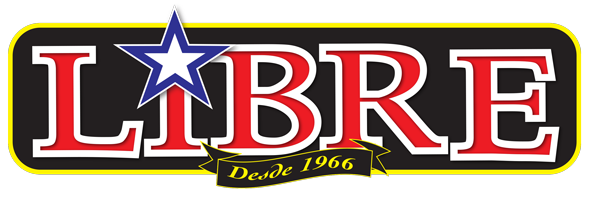


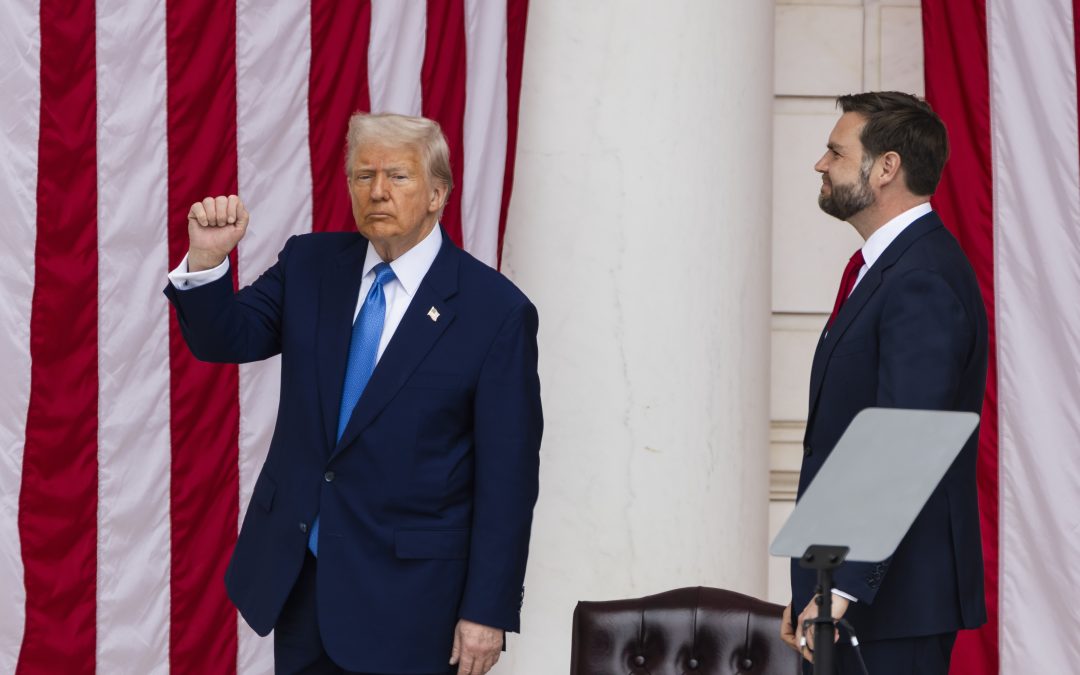
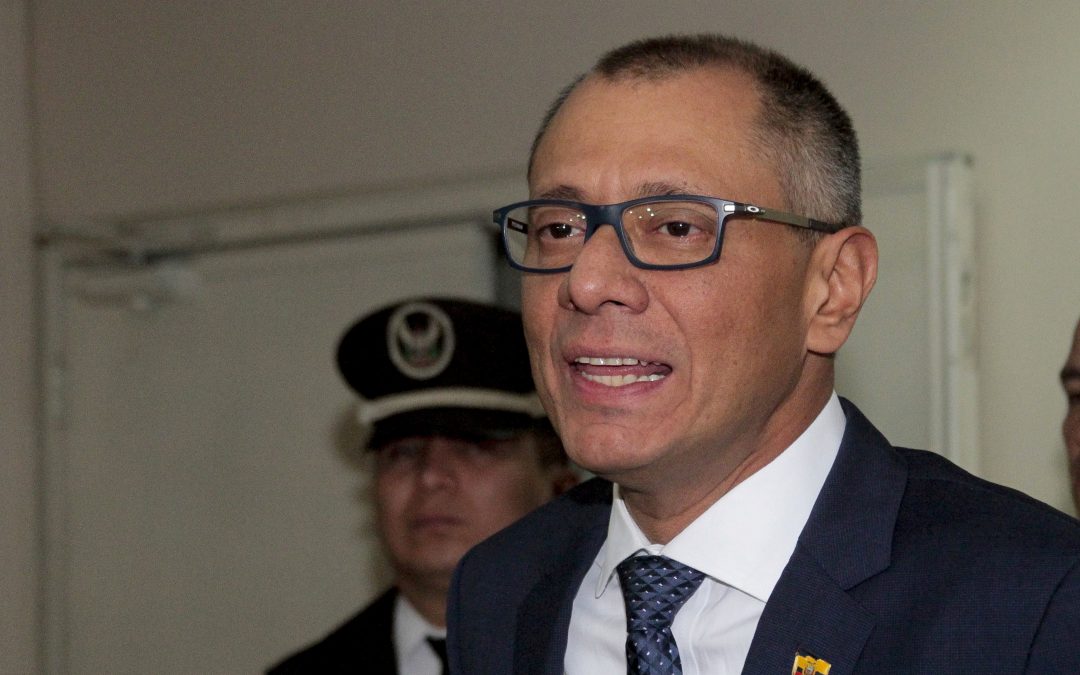
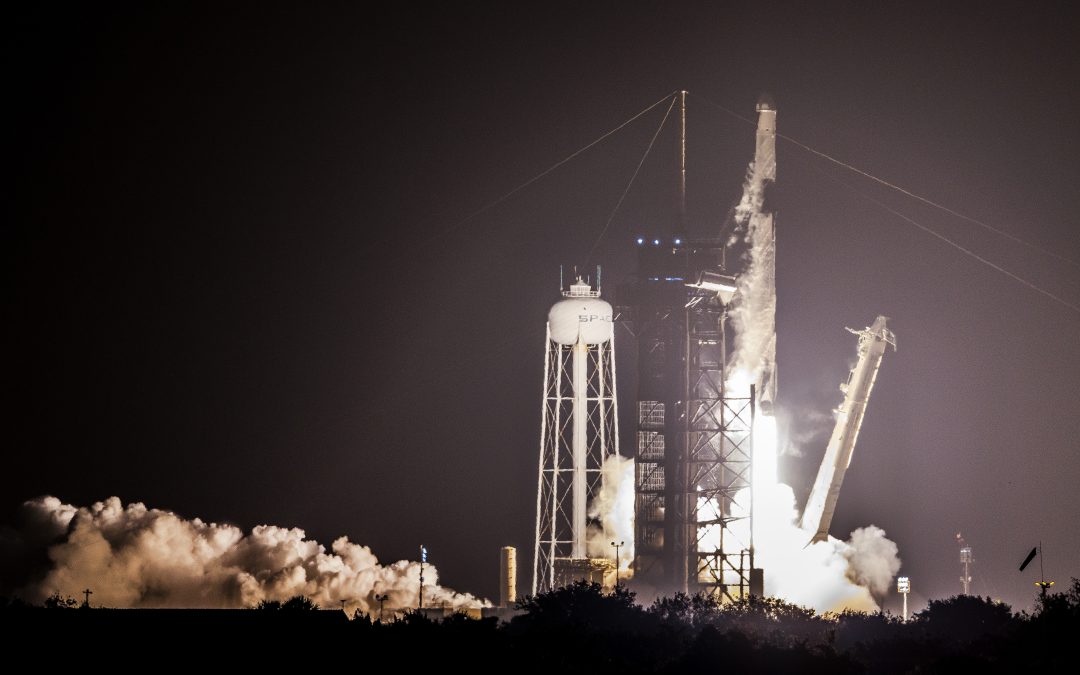
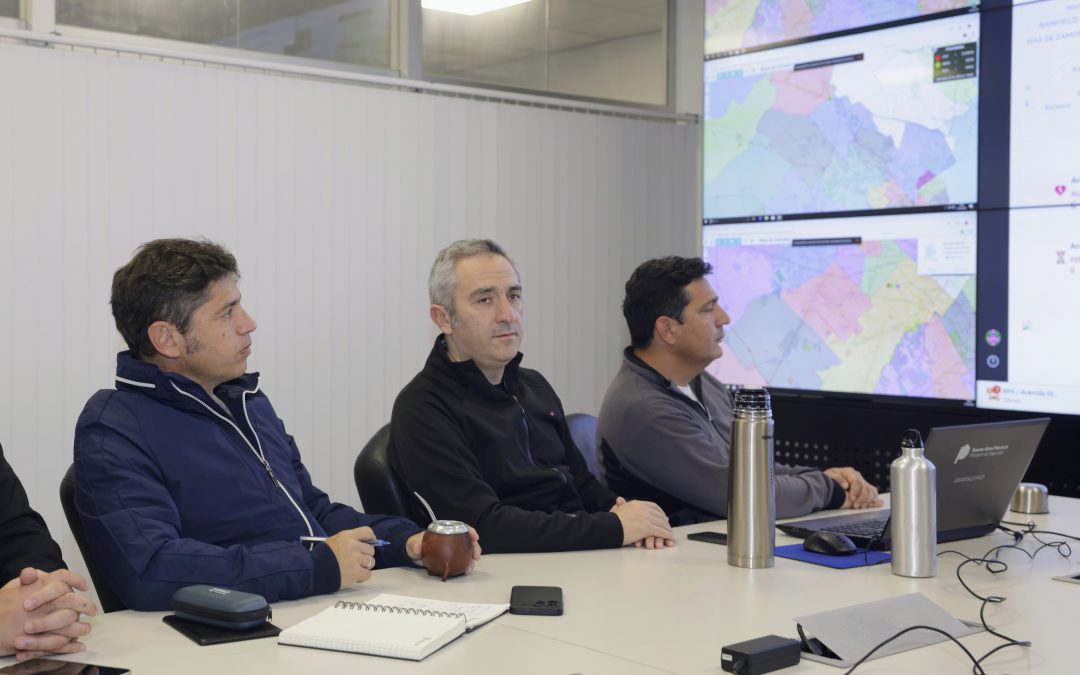
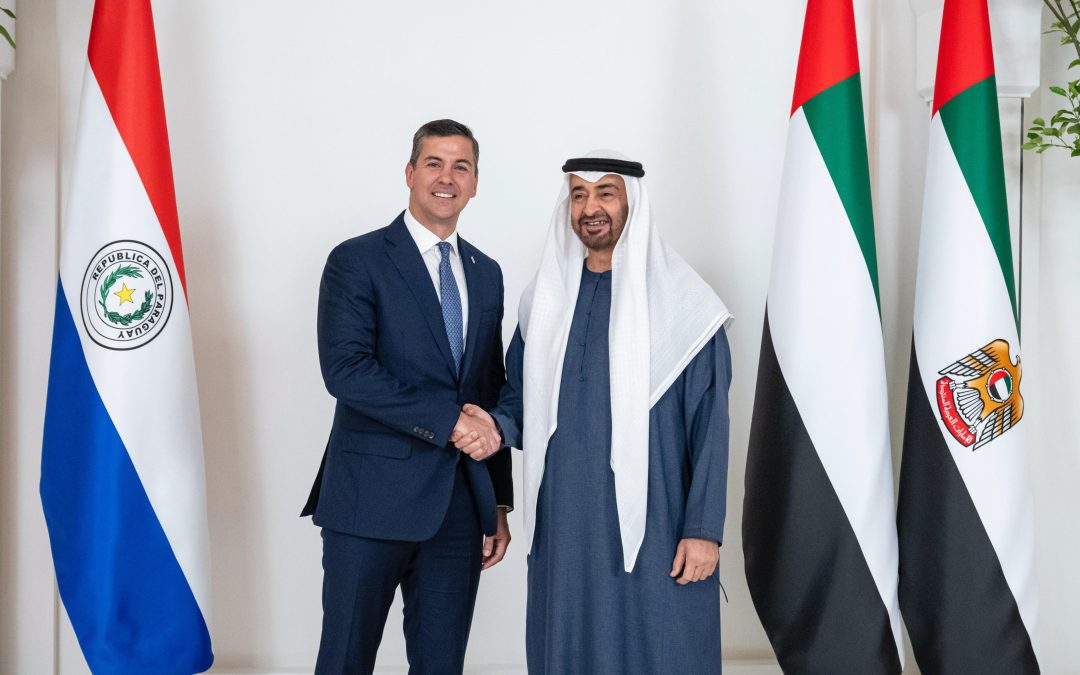
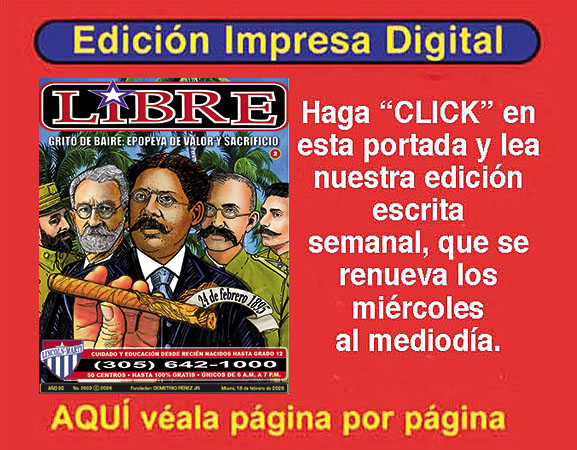

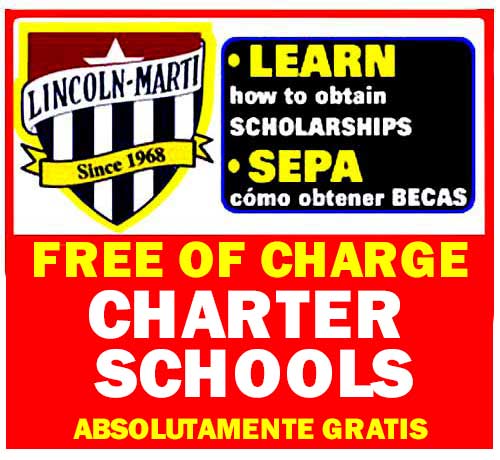
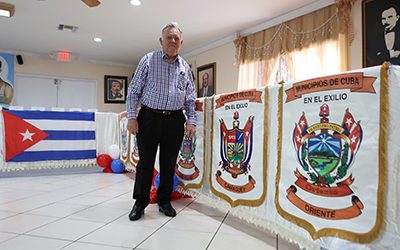

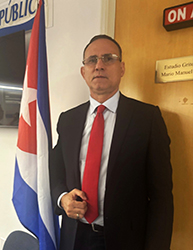
0 comentarios